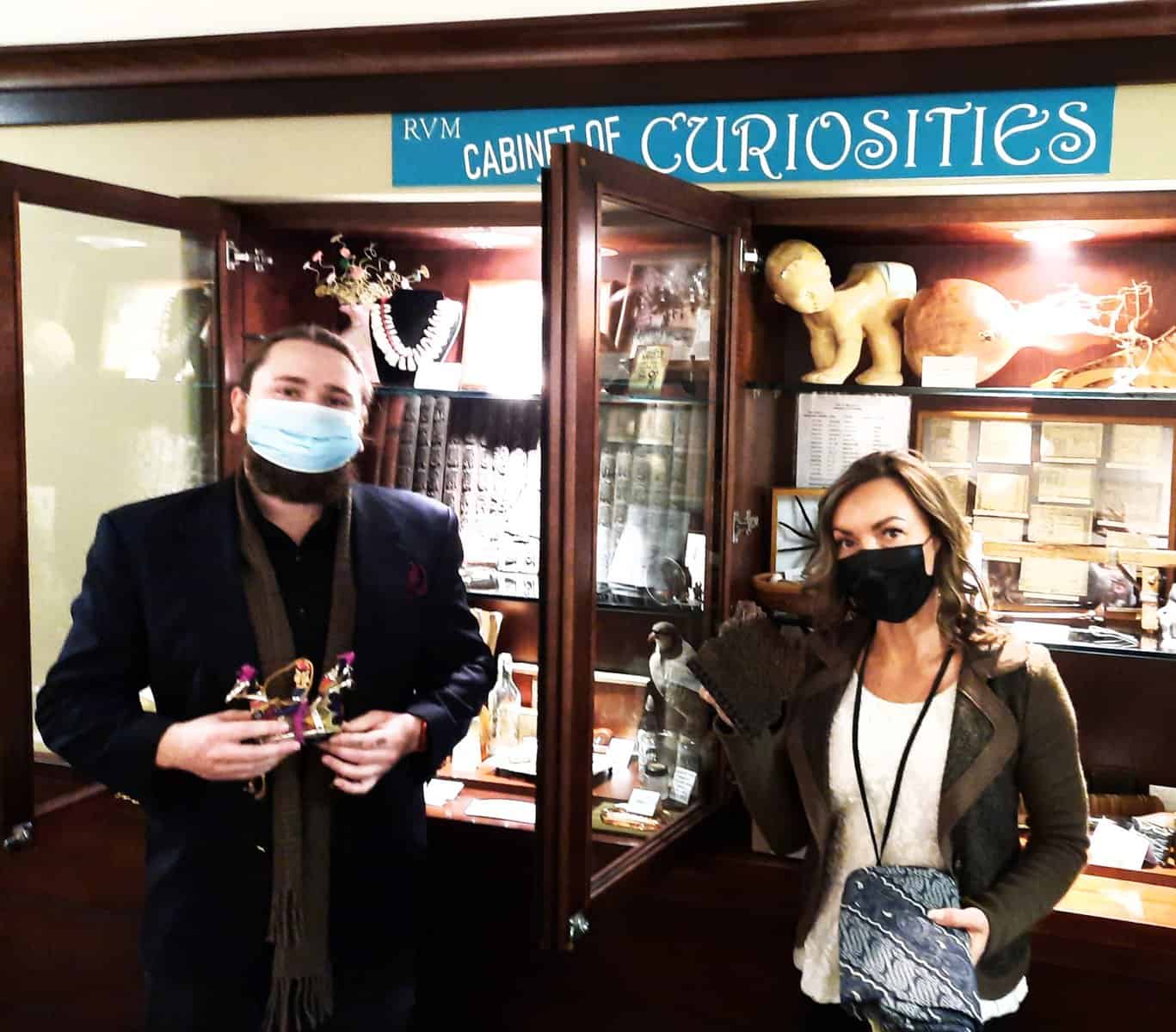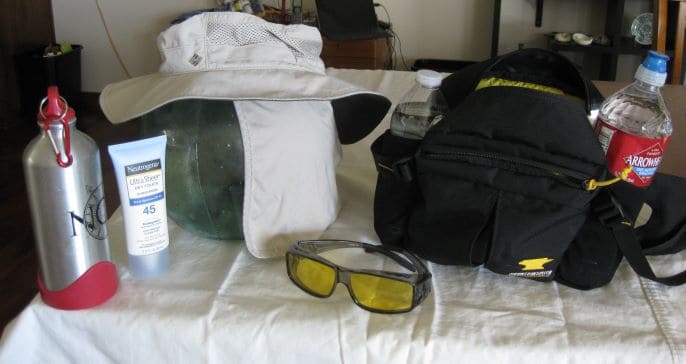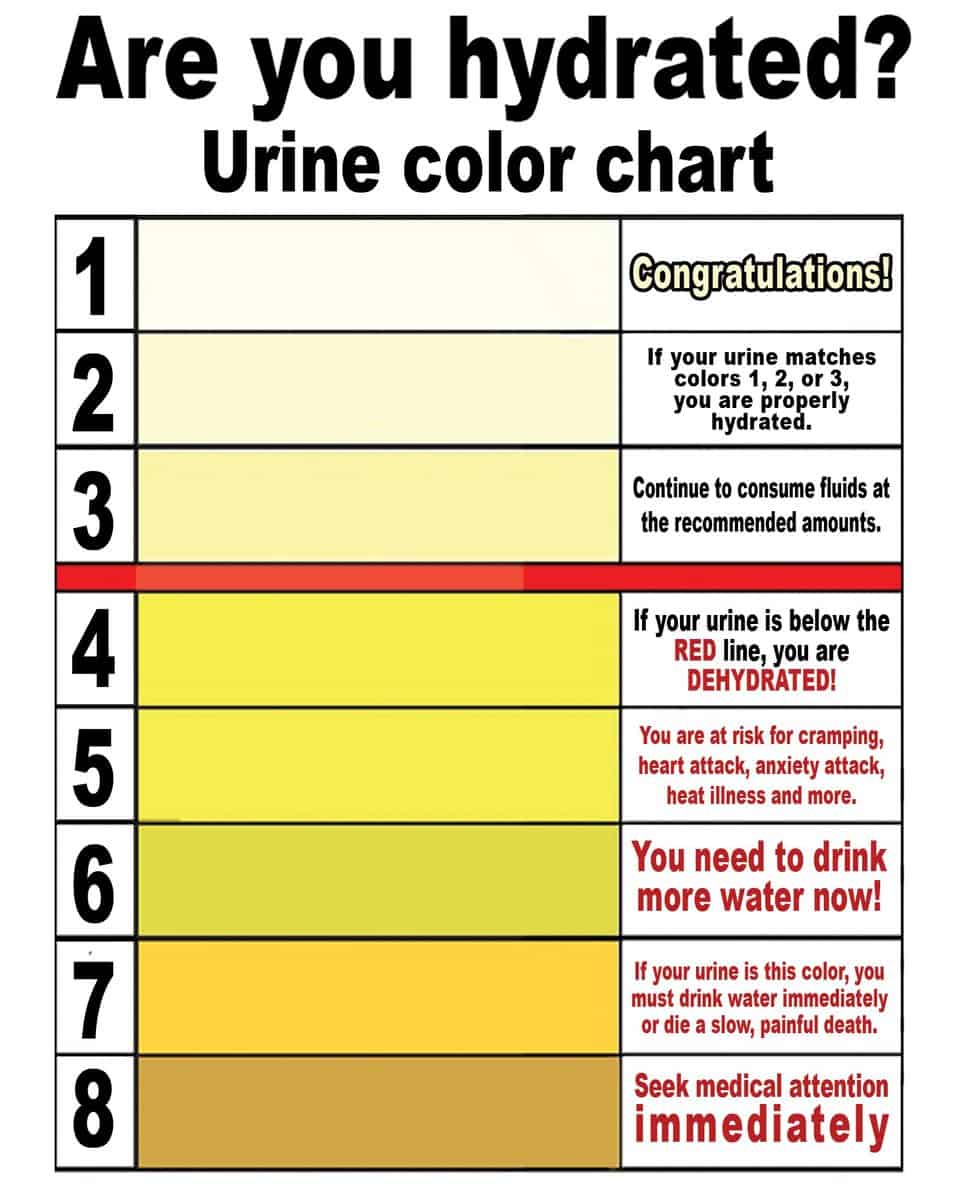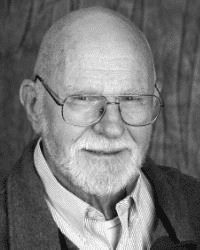RPG Manual Coordinator Networks
RPG Coordinator Networks V4 View/Download PDF
Summary description of structure, function and coordinator activities
(Background and Overview document, Final Review 03/06/22)
Neighborhood and Floor Coordinator Responsibilities V4 View/Download PDF
Summary description of activities expected of local coordinators
(primary document, Final Review 03/06/22)
Coordinator Qualifications View/Download PDF
List of abilities considered necessary for coordinators to function effectively
(secondary document, Final Review 02/23/22)
Coordinator Backups V3 View/Download PDF
Discussion of need for personnel backups and approaches to obtaining them
(secondary document, Final Review 03/06/22)
WordPress Basic How-to Guides
These are guides to some of the basic steps in using the Default Editor of WordPress
Basic WP Posting View/Download PDF
Inserting images View/Download PDF
Media Library View/Download PDF
Links and URLs View/Download PDF
Categories View/Download PDF
Prepare Information Archive
This list of links to postings of preparedness information on the Complement Prepare page is established in preparation for the transition to display of An RPG Information and Operations Manual
RVM Campus Evacuation Guidelines for Fire
RPG -Activities and Organization
Preparation Basics: Why Prepare and What to Do
Preparation Information – How to Do It – Draft
Preparation Information – How to Do It
Introduction to Emergency Preparedness – Advanced Layout Builder
Getting Started – Preparation Basics – Advanced Layout Builder
Organizing Emergency Preparedness – Advanced Layout Builder
Personal Medications – Advanced Layout Builder
Water Basics – Advanced Layout Builder
Basic Sanitation – Advanced Layout Builder
Light & Electricity – Advanced Layout Builder
What is THAT?!
by Bob Buddemeier
Sarah Karnatz is at it again. The Queen of Resident Sensory Experience is long-famed for her attention to taste buds and sociability. She has more recently branched out into movies, music and dance. And now, a new frontier – stimulating your inherent appreciation of the strange. For the month of February, Sarah’s Olde Curiosity Shoppe will be on display in the cases along the Manor hallway to the dining room. Peculiar objects galore are available for your viewing pleasure.

Sarah and Ian, among other oddities
When asked how the display came about, Sarah explained: “We had just gone into a full lockdown (again) and I wanted to see what we COULD do. Rita Derbas had a huge list of fun ideas, and I I loved this one, so I ran with it. I love unusual things (who doesn’t?) and I figured if I could get a bunch of odd items together people would want to see them! Maybe it would get residents out of their houses for a bit, and hopefully spark up a conversation over an item. If residents were checking their mail or headed to the gym or just out for a walk, they could peel off and go have a look — it would be an RVM ‘destination’.”
Even Sarah could not hope to achieve an accomplishment of this magnitude on the basis of personal weirdness alone – she has had the help of some of our more voluntarily peculiar residents in assembling the array of oddities.
“There has been a LOT of resident interest in this display, which is awesome! I had a feeling that there were some odd and unusual item around campus and I was not disappointed!” Sarah said. “I had a ton of voicemails and my email was flooded with pictures. Also, I was getting a lot of really beautiful, original items that were not quite ‘odd’ or ‘weird’, so from that sprang another idea — RVM’s Cabinet of Treasures. That is for a later time.”
Sarah”s original intention had been to challenge our collective knowledge by posting the items without identification for people to figure out on their own. However, on second thought, “To avoid the 458,234 emails I foresee coming inquiring as to what is what in the cabinet, I am going to have notes/identifications on or near the objects,” she said.
Even under pandemic conditions, most residents have occasion to go to the Manor at least once a month. When you are there, crank your curiosity dial over to full clockwise and wander into our very own Museum of the Twilight Zone. You’ll be glad (or at least surprised) to see all that’s there.
Sarah’s final comment on the project: “It feels like we are alwys being told no, can’t do this, can’t do that – I really just wanted this to be something that we could do.”
Hotsy-Totsy: A Review
by Bob Buddemeier
“Oh no,” you say, “not more of that tired old preparedness stuff.”
Yep, we’re going to keep going over it until you get it right, at which point you will be confirmed as a missionary and sent out to convert your neighbors. Just remember as we go through the review, if you have to take the exam the outcome could mean a lot more than a letter on your transcript.
Written during an extreme heat warning — it will probably be (relatively) cooler by the time you read it, but this is only the beginning of summer — the hottest months still lie ahead.
There are two components — all-purpose heat precautions, and heat as a component of disaster or evacuation. These have a lot of overlap if you have (a) vehicle(s).
Basic supplies, household: For walks and other outdoor excursions:
- Hat. Any hat is better than none , but a broad-brim all around is best, and the funny-looking neck shield is a good idea if you don’t have a collar.
- Sunscreen. High SPF
- Water. As much as you can conveniently carry.
- Something to carry the water with. Belt clip, fanny pack, shoulder bag, big pocket(s), whatever.
Same set of stuff for each person. You can’t wear each other’s hat or sunscreen; what makes you think it’s a good idea to rely on somebody else’s water?
Now duplicate all of those things to keep in the car (except add more water). And, like your go-bag, your car should have other things like flashlights and survival blankets and gloves and so on. That only sounds like unnecessary duplication, because if you try play put-and-take with one set of gear, you can be absolutely confident that it will be in the wrong place when you need to use it.
 Here we are just past the basics, and I can hear the chorus of “yabbuts” starting up like frogs in the water hazard. “Yabbut if I leave bottled water in my hot car the plastic will dissolve and get into my tender tum-tum.” Well, (a) the extra amount will be small compared to your normal daily intake of plastic, and (b) it’s better than dehydration, and (c) it takes little in the way of strength or wit to empty and refill a few bottles at the interval of your choice. And something similar for the rest of your yabbuts. Just get with the program.
Here we are just past the basics, and I can hear the chorus of “yabbuts” starting up like frogs in the water hazard. “Yabbut if I leave bottled water in my hot car the plastic will dissolve and get into my tender tum-tum.” Well, (a) the extra amount will be small compared to your normal daily intake of plastic, and (b) it’s better than dehydration, and (c) it takes little in the way of strength or wit to empty and refill a few bottles at the interval of your choice. And something similar for the rest of your yabbuts. Just get with the program.
OK, graduation time — everybody has two of everything, in the right places. Here’s your diploma. Now, GRADUATE SCHOOL.
It’s really really hot and dry. What might we think ahead about? One of the things you may have noticed is a power outage. Flashlights and batteries and lanterns, oh my. And matches because the gas stove will still cook but it won’t light itself. You have an electric stove, you say? A good reason for getting acquainted with your neighbors, some of whom may cook with gas. If your health or life depends on electricity, more extensive preparations may be in order.
Moving on, we get to fire. Having mentioned your car and your go-bag, I will delve no deeper into the whole evacuation business. Breathing through a straw in the water hazard with the other frogs will be covered later. What I will do is mention one more condition to consider — SMOKE. Get masks. Not the blue paper ones we all know and love, and not the fashionably monogrammed cloth models. N95 masks. Or if you must, KN95. Get a good sized box and split them between house and car and go-bag.
That is probably enough for today’s hot weather lesson, but let’s circle back for a moment to the big threat — dehydration. Old people (know anybody in that category?) are particularly vulnerable and sensitive. And, it sneaks up on you — no sledge-hammer warning symptoms.
You have to look after yourself. How will you know that you are in danger of dehydration? Your urine will tell you. First off, if you aren’t producing any, that’s a very bad sign. Drink lots of water immediately, and continue doing so. If you are able to pee, look at it. It’s not necessary to gawk and stare, a glance will suffice. It should be pale yellow. Medium or dark and it’s time to head for the water hole. Mountaineers have a saying (altitude begets dehydration) — “your urine should be clear, copious, and colorless.” And don’t worry about the plastic.
Preparedness in Transition
By Joni Johnson
I’ve been on campus since 2019. During that time, we have had a fire evacuation and a worldwide pandemic. Who woulda thought? All that’s left is the… I will leave it to your imagination. I take the Resident Preparedness Group (RPG) for granted, but before 2019 there was no resident organization concerned with preparation for emergencies and disasters, and responses when they happened.

Bob Buddemeier
Bob Buddemeier has been involved with RPG from the beginning, when I asked him how it got started. He said that there had always been some interest in preparedness – “Resident Jim Macmillan had been working on it for some time, and Scott Tucker (Jens Larsen’s predecessor) was interested, but when he left the efforts declined.” Bob said that the real start came about when the California wildfires drew attention, and in public meetings both Sarah Lynch (previous Executive Director) and Jim Van Horn (Previous Facilities Services Director) were heard to say that in an emergency like the Cascadia Subduction Zone earthquake, cottage residents would be on their own. WHAT????
“That really got people’s attention,” Bob said, “and a group of us got together to see what residents could do to safeguard themselves.”
Fortunately, our current administration is much more in tune with the needs of everyone here at the Manor including those in the cottages. The fire/evacuation was a major wake-up call, and the RPG has grown substantially from a new organization concerned with emergency supplies to a network of neighborhood and floor coordinators with walkie-talkies and a designated role in RVM emergency responses
As usual, there is always change afoot and needs that must be addressed. Bob Buddemeier has been involved with the RPG since its inception and has served as its head for much of that time. However, he recently decided to turn over the reins. When I asked what led to that decision, he explained that he feels that he is no longer able to provide what the organization needs to continue to function and develop.
“I’ve fallen behind, and I’m not catching up. The bad news part is that it has been a rough year for me, and I still have problems to deal with. The good news part is that RPG’s growth and success has made it more than one person or a few people can hope to manage effectively. And, it is much too important not to have the support that it needs.”
“Fortunately,” he said, “we will not lack for ongoing leadership. Bob

Bob Berger
Berger, who has been serving as vice-chair, will take over the chairmanship, Dan Curtis will continue as Communications Lead, and I’ll remain on the Leadership Team working on information development and dissemination”
Bob feels that he will be able to help the revised leadership team and other interested individuals get their feet wet and move the organization to where it needs to be. He thinks that RPG is at an important transition point, and that new eyes and energy will find a way to make it more effective and more satisfying to everyone.
“RPG needs to develop a more distributed leadership and ways to piece that together into a unified whole,” Bob said. Many people have contributed in the past and others are still heavily involved in the operation. However, it needs more people, greater involvement, and a process of identifying the activities that need to be supported and the people who are willing to participate so that the organization can continue to build its capacity to serve the residents. A planning group has been formed to help provide that.
I asked Bob about his future plans. “I’m still committed to the project,” he said, “and I want to continue contributing. I’m really happy with this rearrangement of responsibilities; I started out with a focus on the information side – in fact that was part of the reason for starting The Complement. That hasn’t yet fulfilled the goal of having an easy-to-use informative website on preparedness, and I want to get back to working on that.”
Bob sees the function of the Preparedness Group as two-fold. First and foremost, it is the only real way residents have to support themselves in an emergency. “RVM is well-intentioned and reasonably well prepared, but it is not an emergency response organization. In a major crisis it will not be able to do or provide all that residents want or need,” he said.
And secondly, but of equal importance, RPG is a major way to make our community stronger- by increasing communication and the potential for mutual assistance. In order for this to help in an emergency, we need to get to know each other better, neighborhood by neighborhood. This has always been true but even more so with the recent problems we have had in staffing and resident isolation because of the pandemic. When Carolyn Bennett, et al, started the Neighbors Together program last year, one could see how much the RVM community needed ways to meet and get to know each other. In fact, when interviewed during one of these events, most residents commented on how wonderful it was to see people in their neighborhoods again.
The Emergency Preparedness Group has been a major social force to that end. Cheerie Howse gathered neighborhoods together for informational meetings that got neighbors talking and which became the driving force that eventually helped address getting the cottage garage doors fixed for easier handling during a power outage.
Neighborhood Coordinators have been responsible for gathering information on the needs of everyone of the street. This has meant in-person greetings, telephone calls and emails to make sure that neighbors and coordinators knew each other’s contact information and their needs in case of an emergency. Once the pandemic is on the decline, the hope is to get people together for other purposes- emergency-preparedness as a result of fun and socializing.
So this article is not only informational. It is an appeal to everyone to understand that we are all unique and important parts of our community. There is a need for all of our input and involvement in emergency preparedness. RPG needs participants. Are you interested in playing a part?
For more information, contact Bob Berger at x6579, mbberger03@gmail.com, or
Bob Buddemeier at x6820 or buddrw2@gmail.com,
Communication and The Complement
The Residents Council Technology and Communications Department has asked residents to fill out an Information Survey on uses of various communication media. The Complement is not included, presumably since it is not a Resident-Council sanctioned activity. However, we think we do play a role in campus communication, and we would like to know more about what you think its role is and how significant it is. The survey team has no obligation to report Complement results, so we would like you to share your opinion of us.
Suggestion: If you are willing to contribute comments on The Complement, send an e-mail or note to Butch Finley, bf6695@gmail.com with a copy to openinforvm@gmail.com or to one of our editors.
Alternative suggestion: If you wish to remain anonymous, add The Complement to the Survey form by hand on either or both sides — but please communicate your input to us in some fashion.
Thanks for your support and attention,
The Complement Editorial Team:
Bob Buddemeier
Tom Conger
Diane Friedlander
Joni Johnson
Connie Kent
Reina Lopez
RPG Transition
To go to the portal for the prototype RPG Manual, click here.
To view the video recording of the 31 Jan Planning Group meeting, click here
To view the video of the 1 Mar Planning Group meeting, click here
To view the video of the 14 Mar Area/Bldg Coordinator meeting, click here
April event description and draft flyers — click here
Resident handout drafts
- Introduction to Emergency Preparedness — click here
- Emergency notification and RPG info — in preparation
A Profile of Author Daniel Mason
by Anne Newins

Anne Newins
One of the pleasures of volunteering in the RVM library is the opportunity to discover new authors. About six months ago, I encountered Daniel Mason and quickly became entranced by his writing. The New York Times Magazine states that Mason “has quietly emerged as one of the finest prose stylists in American fiction.”
Mason’s background is almost as interesting as his writing. After graduating from Harvard, he spent a year studying malaria around Thailand and Myanmar. This experience informed his first novel, The Piano Tuner, which was published by the time he was 26 years old and then turned into an opera. He attended medical school at the University of California San Francisco, eventually becoming a psychiatrist. He now is on the faculty of Stanford University, both teaching and practicing medicine.
Not an especially prolific writer, Mason’s complex fiction cannot be easily defined. Most of his writing to date has accurate historical components. His descriptions of the natural world are both precise and poetic. He incorporates vivid and occasionally appalling, descriptions of early medical practices. Asked how being a psychiatrist relates to his writing, Mason stated in an interview with ZYZZYVA, that “If there is a connection, I think it is this sense that human beings are mysteries. Since I was young, human beings have always been puzzling to me. If anything, this interest drove me to both fields.”
Below are synopses of three of his books:
The Piano Tuner (2002) is the journey of a middle-aged piano tuner summoned from England to tune an English army surgeon’s Erard grand piano in the jungles of Burma. Taking place in 1886, the British Empire is attempting to quell native insurgencies and repel French incursions in the Mekong Delta. Although not perfect, this was a powerful first novel. Fellow author Andrea Barrett praised “his ability to embrace history, politics, nature and medicine within a fully imagined 19th-century fictional world.”
The Winter Soldier tells of a Viennese medical student, Lucius. “Resentful of hierarchy, impatient for his training to come to an end,” Lucius joins the army when World War I begins. To his surprise, he is sent to a field hospital in the Carpathian Mountains, where he is the only physician, depending on a mysterious nursing sister to help when the multitudes of injured soldiers arrive. Having never held a scalpel, it is left to Sister Margarete to teach him field surgery. Lucius’s story is contained within the tides of war, as well a tale of love and atonement. As in The Piano Tuner, the historical detail will be appreciated by those unfamiliar with these particular events in history.
A Registry of My Passage on the Earth (2020) is the title of one of nine of highly varied short stories. Each of the tales has some seed of historical fact, but they go grow into wildly different creations. The characters include naturalist Alfred Russell Wallace, pugilists, a women balloonist, telegraph operators, an amnesic, and more. All are chronicles of exploration, internal and external. My favorite was The Miraculous Discovery of Psammtetichus I, a darkly humorous yarn of an Egyptian pharaoh’s efforts to develop scientific methods. The collection was a finalist for the Pulitzer Prize and won several other prizes.
The Winter Solder and A Registry of My Passage on the Earth now are available at the Manor library. The Piano Tuner will be added to the collection in late February. All of Mason’s books are held at the county library in various formats.

